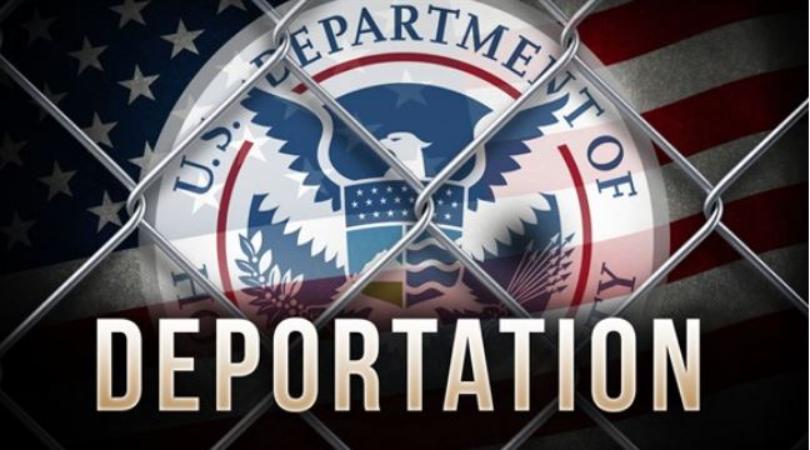USCIS also are actively increasing public awareness among aliens and the public about the consequences of committing immigration fraud. Aliens who use false information or deceitful practices to unfairly obtain immigration advantages will face serious consequences.
USCIS updated USCIS Policy Manual Volume 8, Part K, Chapter 2, to clarify the application of Matter of Zhang, 27 I&N Dec. 569 (BIA 2019), to the false claim ground of inadmissibility. This guidance is effective immediately and applies to requests pending or filed on or after the publication date.
The clarified policy guidance:
- Specifies that the decision in Matter of Zhang supersedes all prior DHS policy and guidance that provided a defense to the false claim to U.S. citizenship ground of inadmissibility under the Immigration and Nationality Act (INA) 212(a)(6)(C)(ii) based on an alien’s knowledge or legal capacity; and
- Explains how we consider age, knowledge, and mental capacity when determining whether an alien had the subjective intent to achieve a purpose or benefit under the INA or any other federal or state law.
Read more here and here.













 RSS Feed
RSS Feed